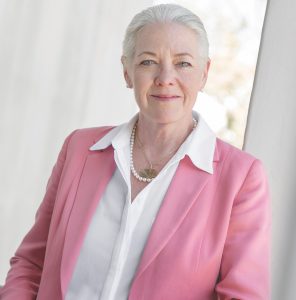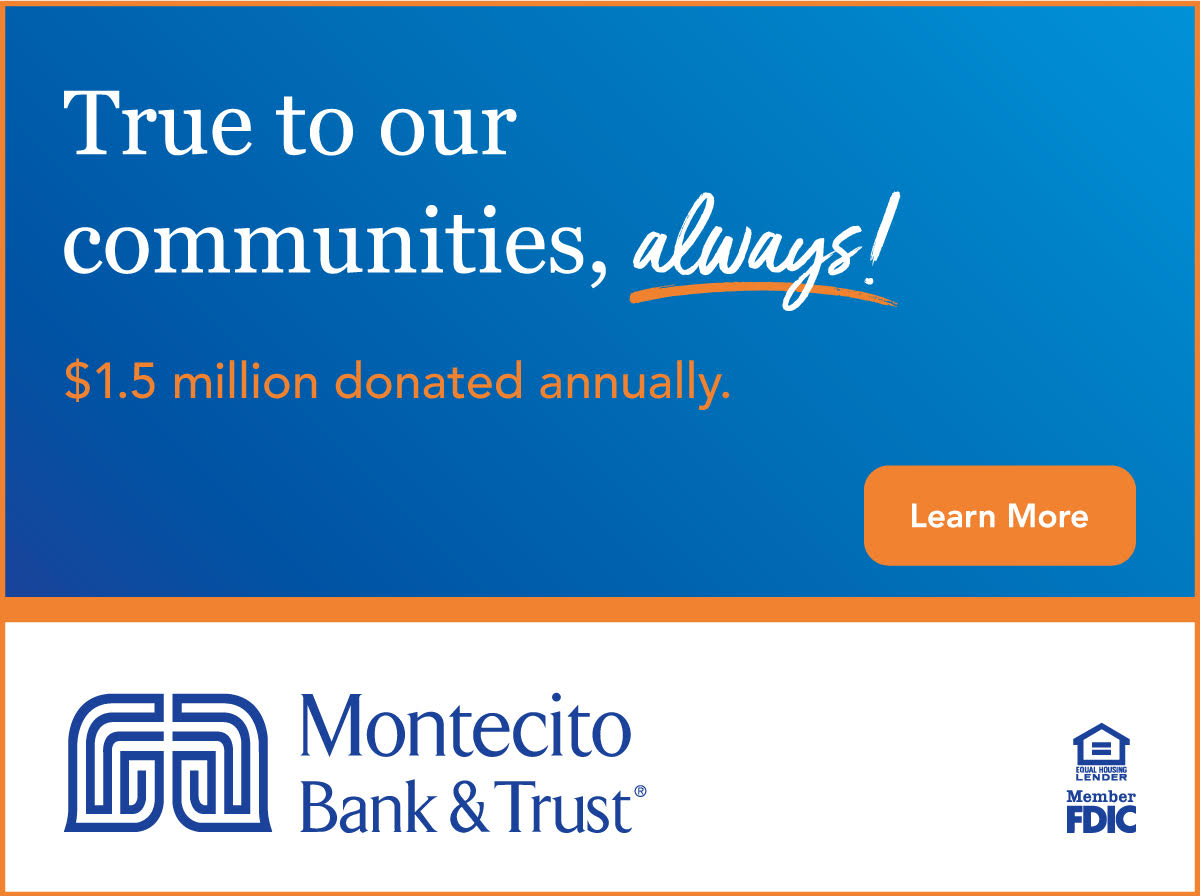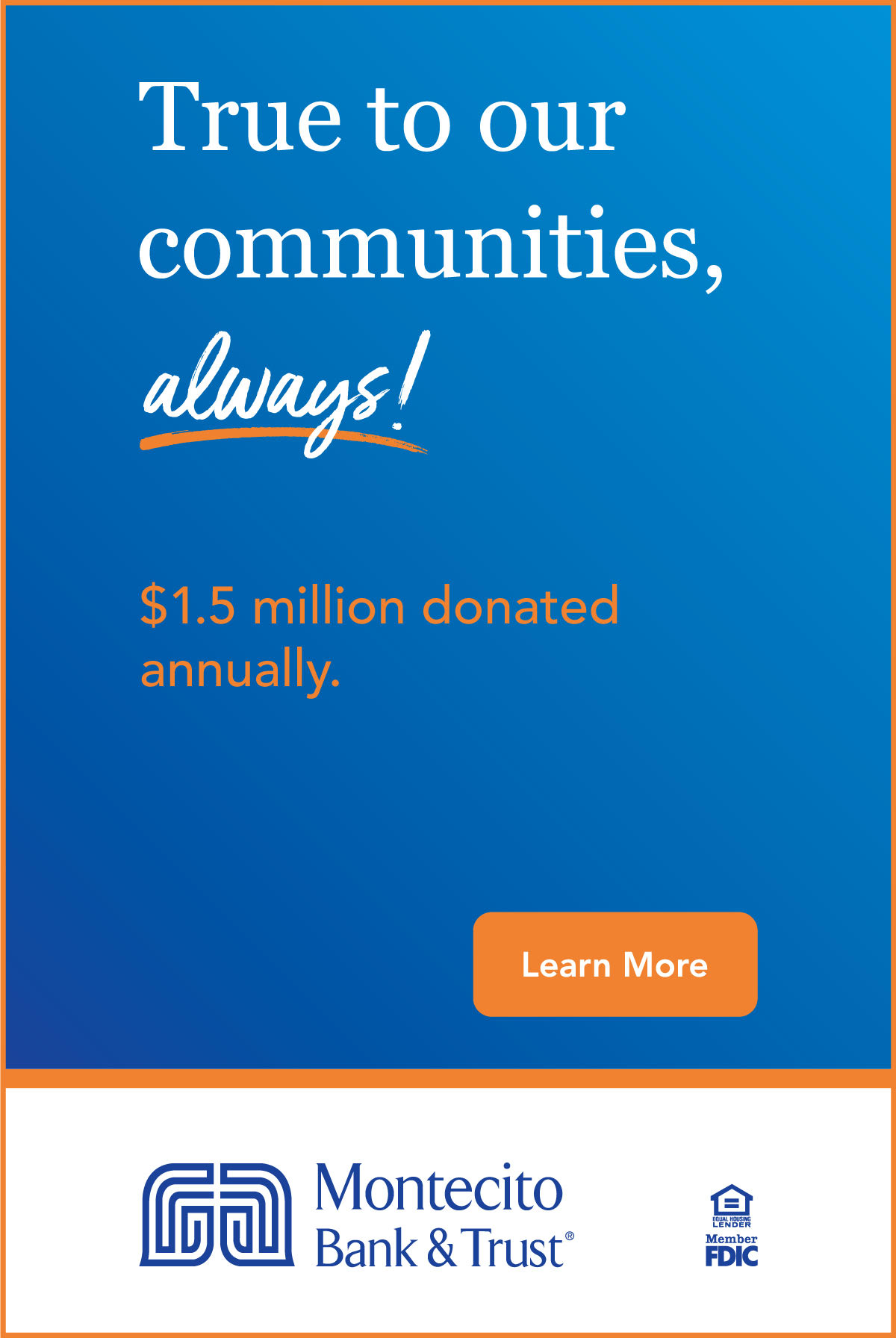Palmer Jackson Jr.: Using his Time, Talent and Treasure to Keep Santa Barbara’s Cultural Scene Vibrant
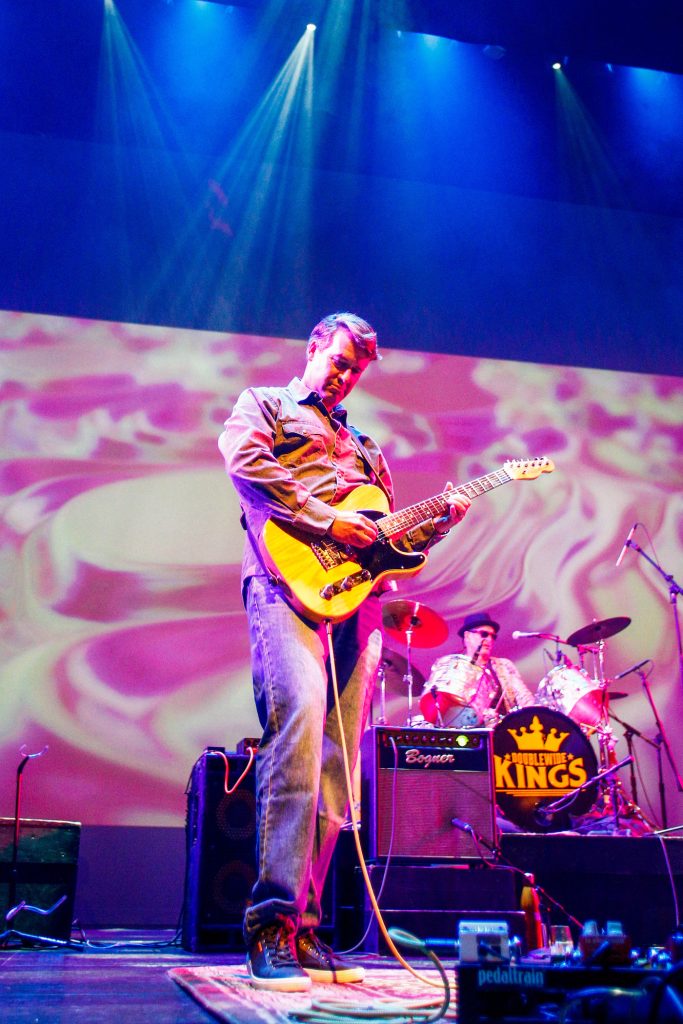
For Palmer Jackson Jr., philanthropy and supporting the community he loves, Santa Barbara, is a family tradition. When his father created the Ann Jackson Family Foundation in 1978, Jackson was in eighth grade.
As a musician – his band is called the Doublewide Kings – Jackson is a lover of the arts, and importantly for Santa Barbara’s arts community, a prolific patron. He serves as executive chairman on the Granada Theatre’s Board and serves on the Santa Barbara Foundation’s influential Foundation Roundtable. Over the years he has spent many thousands of hours serving on the boards of the Santa Barbara Museum of Natural History and the Lobero Theatre, as well as the Cate School and the Santa Barbara Boys and Girls Club, among others.
When the pandemic hit, Jackson stepped up his giving and brought his friends and colleagues along – helping to preserve the community’s robust arts and culture scene.
“It’s so much easier to raise money when you’re giving money,” Jackson says. “So, I get to say, we’re giving X dollars to this, will you join me? Which is totally different than if you didn’t give and you’re asking.”
His efforts, that of his colleagues in philanthropy, and some incredible ingenuity on the part of the local arts and culture community not only saved nonprofits that could have easily cratered, but are changing the face of Santa Barbara.
In this interview, Jackson leaves us with some salient lessons from his decades firmly embedded in the Central Coast’s philanthropic world.
Q: Your family has clearly left its mark on Santa Barbara through its philanthropy. What was your first knowledge of what philanthropy is? And how did that evolve as you grew into a man and became part of Santa Barbara’s philanthropic firmament?
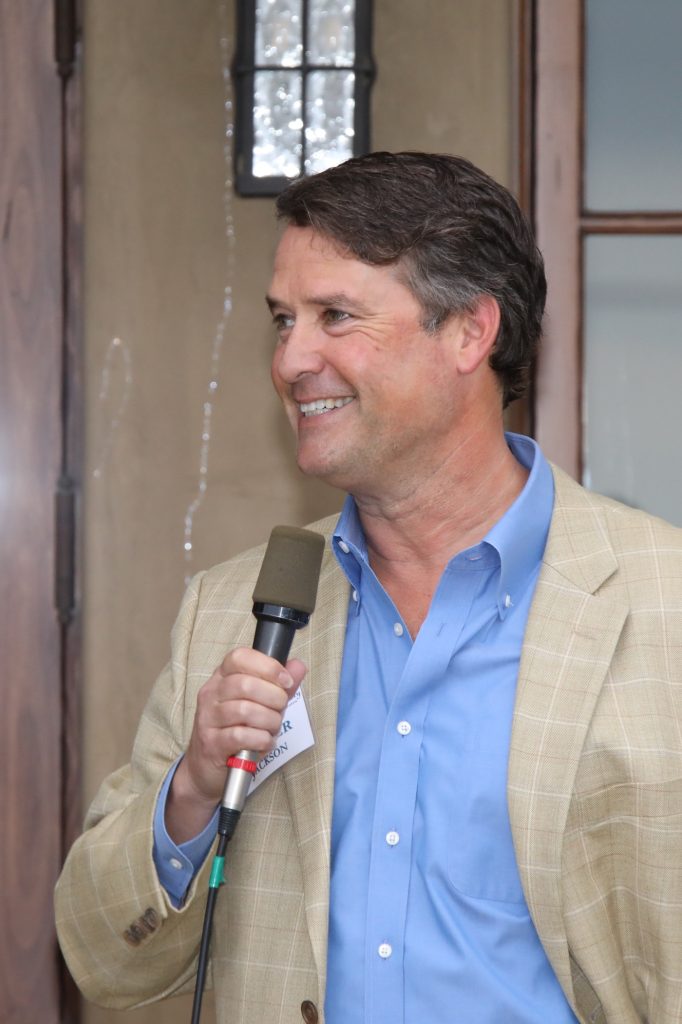
A: It’s a family tradition. My father Palmer Jackson Senior, the original Palmer, set up our family foundation in 1978. That was really the beginning.
My two older brothers and I started young, and the foundation was really the catalyst to help us learn about all the different nonprofits in Santa Barbara. And we all have gotten involved, not only just financially contributing to these nonprofits, but also spending a lot of our own time, volunteer time, working on these boards.
How has that board service been instructive in your giving?
I’m an extrovert. I enjoy meeting people and working with people on projects. So that’s a driver for me personally.
In every city there is that first question you ask. In New York City, the question is: What do you do for a living? In Boston it might be: Where’d you go to college? In Santa Barbara, the question is: What’s your passion, what do you care about? What’s your passion in regard to trying to do something good in the world? It’s part of the culture of Santa Barbara. It’s kind of a nonprofit town and a lot of your social life ends up coming from your involvement with these nonprofits.
You have invested both your time and money heavily in arts and culture organizations. Why have you gone in so deep for Santa Barbara’s cultural community?
We’ve always thought the arts are absolutely critical. It’s what makes Santa Barbara unique, the offerings that we have here. The arts help attract people to come to Santa Barbara and those people who have resources end up supporting other nonprofits.
How did you rally your colleagues in institutional philanthropy and individual donors to support the arts community during the dark days of the pandemic?
At the Granada Theatre, we were really just recovering in 2019 from the Thomas Fire and the debris flow.
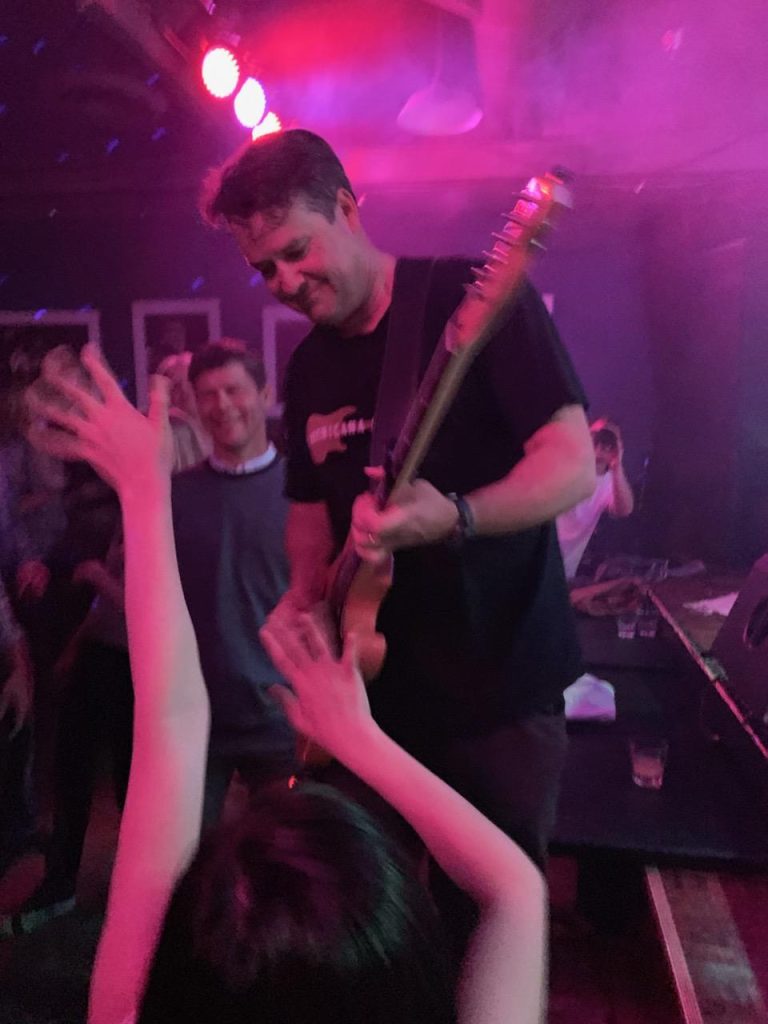
And then, of course, COVID hit in March, and we had to shut the theater for 16 months. But this Santa Barbara community responded, the philanthropic community responded in a huge way to COVID. I think all the foundations stretched and gave more. I think that was just part of the culture of Santa Barbara philanthropy that we all gave a lot of emergency grants. Santa Barbara is such a generous place, and everyone got even more generous and gave more.
Arts nonprofits across the country made drastic changes in programming in response to the pandemic. What will stick?
We invested in streaming equipment at the Granada, so we know that that’s going to continue. There are going to be times when we have a live event and stream it as well, so that people who are staying home can watch it. That’s going to stay.
The director of Opera Santa Barbara, Kostis Protopapas, started funding live outdoor performances. He even hired my band to do a performance.
So, then we at the Granada said, ‘Well, this is a great thing. Why don’t we put music in front of the Granada Theatre outside?’ So, during the spring and summer and fall, we have music almost every Thursday night in partnership with Opera Santa Barbara and then the Good Lion cocktail bar. So that’s what we called it: Roar and Pour. And it was a huge hit.
And it has changed State Street. It’s fun. It looks like Mardi Gras or something; it’s people dancing and screaming and just happy.
You’re in a nice spot in terms of your role in the community and what you can do for it. What do you love most about being in the mix and helping these organizations weather the good times and bad times?
There is this family tradition that we have. It feels good from a family perspective. It also feels good because it is part of our social life. It’s fun to go to fundraisers.
And you meet really interesting people on these boards. I just met with a candidate for the Granada board who’s new to town and who is just an incredibly accomplished person who wants to get involved. So, there’s a lot of that.
I’m a musician. So, to your point, I care about music and the arts. So, it’s fun to do that. And every once in a while, we get to play a fundraiser.
I love the connectedness of it all.
